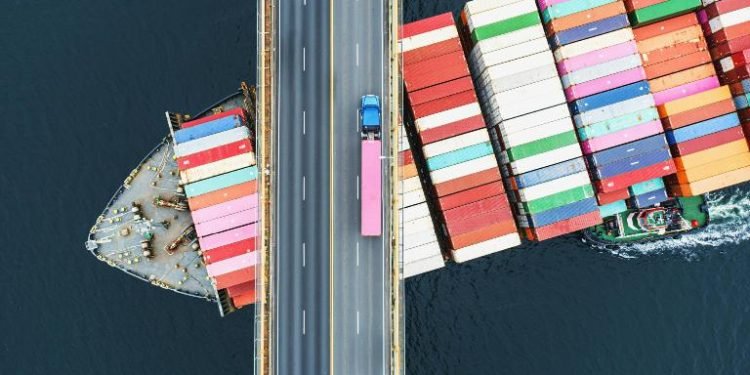By Eva Richardson – The Logistic News
March 31, 2025
The global logistics industry is facing mounting regulatory pressure following a landmark settlement between U.S. authorities and Texas-based freight forwarder IMC Pro International, accused of facilitating illicit shipments of chemicals used in fentanyl production.
IMC Pro agreed to pay $400,000 to resolve civil claims brought under the Controlled Substances Act, following allegations that the company allowed Chinese sellers to use its shipping credentials to bypass customs protocols. While the company did not admit liability, the case sets a critical precedent for how logistics providers may be held accountable for supply chain abuse.
Misuse of Shipping Labels Exposes Supply Chain Vulnerabilities
The U.S. government found that IMC Pro permitted third parties in China to generate shipping labels under its name, masking the true origin and nature of parcels. Among the substances shipped were chemical precursors linked to the production of fentanyl, a powerful synthetic opioid that continues to drive an ongoing public health crisis in the United States.
Investigators identified more than 160 kilograms of suspect chemicals that were shipped to U.S. addresses without proper scrutiny. These transactions were enabled, in part, by IMC Pro’s lack of oversight and failure to verify the actual contents or shippers.
Growing Concern Around the De Minimis Loophole
The shipments entered under the U.S. de minimis rule, which allows packages valued under $800 to clear customs with minimal inspection. While the rule streamlines low-value trade and benefits e-commerce, it has become a known vulnerability exploited by traffickers.
“Freight companies are increasingly becoming gatekeepers, whether they like it or not,” said a U.S. Customs official. “This case underlines the importance of knowing exactly who is using your shipping accounts and for what purpose.”
Heightened Expectations for Due Diligence in Logistics
Legal experts and compliance officers now warn that freight companies must treat supply chain vetting with the same seriousness as banks handle financial transactions. Industry veteran Maria Gonzales remarked, “We are entering a period where logistics firms will face the same reputational and legal scrutiny as financial institutions when it comes to illicit trade.”
The IMC Pro case may lead to widespread reforms across the industry, including investments in compliance technology, improved screening processes, and deeper partnerships between logistics firms and enforcement agencies.
Global Implications for Freight and Customs Practices
Although this enforcement action took place in the United States, it carries global implications. Any logistics provider operating cross-border services must now assess how vulnerable their operations are to similar misuse. The issue is especially urgent in regions where high parcel volumes, limited oversight, and complex networks intersect.
Customs officials in Europe and Asia are reportedly reviewing similar cases, and further enforcement action is expected. Meanwhile, industry associations are calling for international standards on third-party access to shipping platforms and account permissions.
A Cautionary Tale, and a Turning Point
For logistics leaders, the message is clear: operational efficiency can no longer come at the expense of accountability. As governments increase their scrutiny of logistics networks, the risks of non-compliance now include not only fines but reputational harm and potential business disruption.
The IMC Pro case serves not only as a wake-up call but as a blueprint for what may follow if compliance is not prioritized.
Eva Richardson is Senior Global Trade Correspondent for The Logistic News. She reports on logistics policy, compliance, and international shipping regulation.























